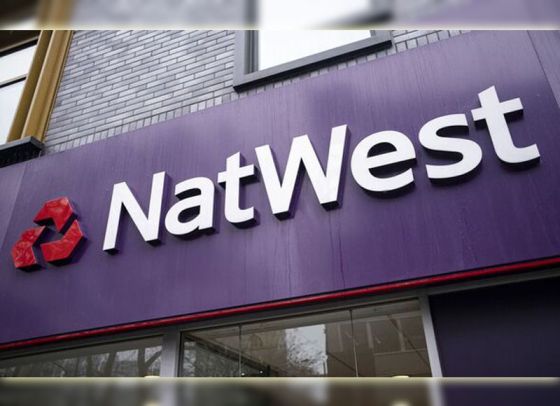Discover how high street banks are offering lower savings rates for in-branch customers, potentially breaching consumer protection rules. Explore the impact and expert opinions on this concerning trend.

Recent concerns have emerged regarding the preferential treatment of customers who choose in-branch banking by high street banks and building societies. This article highlights the potential breach of consumer protection regulations as banks withhold their best savings rates from in-branch customers. With examples from prominent institutions like NatWest, Virgin Money, and Coventry Building Society, the practice’s impact on consumers is explored.
READ THIS:
- Constructing a Profitable UK Dividend Portfolio: Generating Passive Income through 5 Carefully Selected Stocks
- Introducing Nationwide’s Start to Save Issue 2: Earn 5.50% Interest and Enter a £250 Prize Draw!
Inequitable Rates: The Issue at Hand
Experts in law and consumer advocacy point out that many banks are flouting consumer protection rules by offering their best savings rates only to customers who manage their accounts online. This disparity has the potential to result in significant financial losses for in-branch savers, with some experiencing interest rates up to three times lower than their online counterparts.

READ THIS: Exploring Financial Tactics: Nigel Farage’s Handbook on Mitigating Inheritance Tax
Prominent Cases: NatWest’s Disproportionate Rates
NatWest is singled out as one of the worst offenders in this practice. While offering a robust 6.17% interest on its digital regular saver account, it extends a meager 1.75% rate to its equivalent in-branch account known as the flexible saver. Similarly, the Post Office’s online easy-access Isa commands a 4.4% interest rate, while its in-branch counterpart yields just 3.1%.
Monetary Impact: A Stark Difference
To illustrate the financial impact, consider a £25,000 balance. An individual banking online would earn £1,122 in interest, whereas an in-branch customer would accumulate a mere £786—a noticeable £336 discrepancy.
In-Breach Banking: A Cynical Strategy?
Experts posit that the disparate treatment of in-branch customers is part of a broader strategy by banks to push customers towards digital platforms and potentially justify further branch closures. This comes amid the closure or impending closure of over 1,100 bank branches in recent times.

Consumer Protection Regulations: A Clash
Despite the recent implementation of new consumer protection regulations mandating fair treatment and harm avoidance, experts argue that the current approach contradicts these principles. Particularly vulnerable groups, such as older individuals, are disproportionately affected, with only 60% of over-65s banking online according to Age UK.
Unfair Savings Rates for In-Branch Customers: Advocacy and Response
Experts assert that the practice of offering lower rates to in-branch customers goes against the core principles of consumer protection. Law firm Joseph A Jones & Co’s Gary Rycroft expresses hope that regulatory bodies, such as the Financial Conduct Authority (FCA), will take action against this unequal treatment.
Digital Overheads and Its Ramifications
Online-only savings providers tout their ability to offer competitive rates due to lower overheads. High street banks adopt similar strategies to stay competitive. However, critics contend that this approach overlooks individuals without internet access or those wary of online scams.
Demand for Equitable Banking
Amid the digital transformation of the banking sector, calls for fairness and inclusivity resonate. Liberal Democrat MP Richard Foord advocates for equal treatment regardless of whether banking occurs online or in person.
As banks embrace digital innovations, the need to ensure fairness for all customers remains paramount. Striking a balance between technological progress and equitable treatment will be vital to the banking industry’s integrity and the protection of consumer interests.